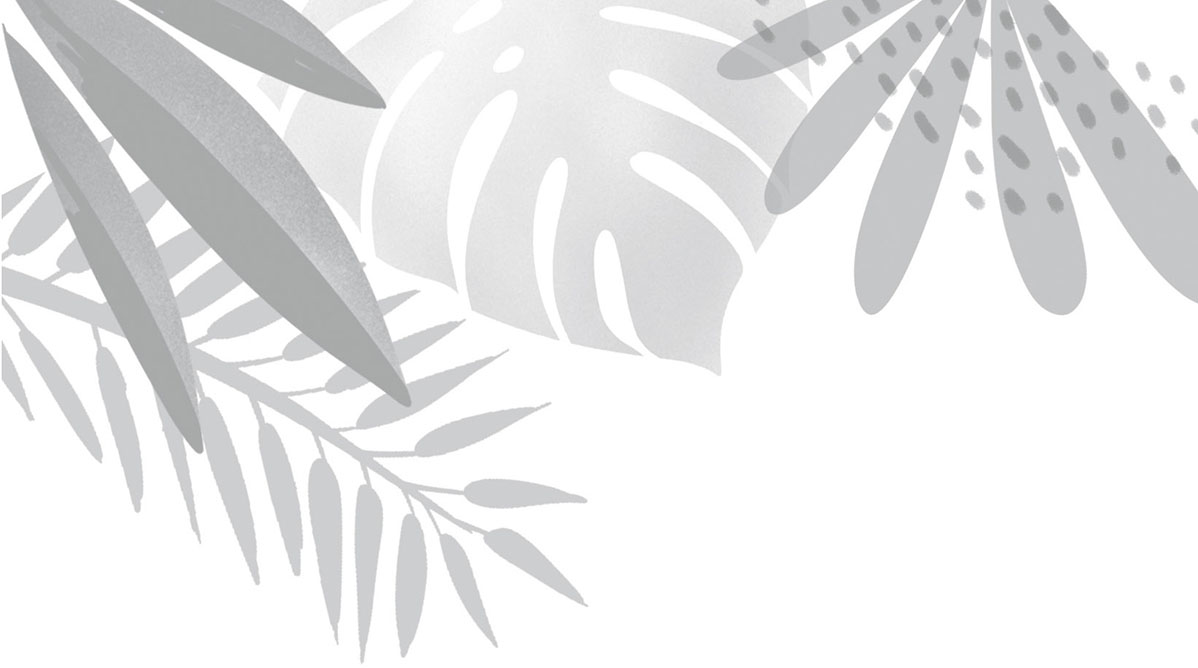
When I was eight, Mom brought me to Take Your Daughter to Work Day at Stanford Hospital. I remember being glad that Mom wasn’t also bringing Afton, and I could simply be myself without any comparison between us. I also remember being thrilled that I’d get an entire day to spend with Mom. And when we were riding the bullet train into Palo Alto, Mom tried to fix my hair, make it lie flat, but she had no experience fixing hair and soon gave up. Instead, she sat down across from me and gave me the back of a piece of paper to draw on.
“Are you excited?” she asked as I tried to capture the inside of the train car in a few lines of the pencil, although I was also looking at Mom, memorizing the angles of her face, for a portrait I wanted to do of her later.
I nodded. I wasn’t sure how this was going to work. I knew she was a heart surgeon, which meant that she cut into people’s chests and worked on their hearts, and my own heart beat fast if I tried to imagine myself watching her do that. All week I’d been trying to prepare myself by watching medical dramas. I’d pictured myself scrubbing in with her, capped and gowned by her side.
“Scalpel,” she’d say, and I would hand her the slender silver blade. I’d peer over her shoulder as she made the cut.
The cut. Whoa. It felt like a test. Would I be tough enough to witness it? Would I puke or faint at the sight of all the blood?
Honestly, I didn’t know.
The train screeched to a stop. “This is us,” Mom said. “Come on.”
At the hospital she took me straight to her office, where Ruthie was waiting.
“Oh, thank god, Ruthie,” Mom said. “Can you do something with her hair?”
Then she disappeared down the hall, a flurry of movement in a white coat.
I sat in Mom’s office in the chair behind her desk as Ruthie worked my hair into a French braid. “Did you know,” Ruthie said as she tugged and smoothed, “that you were born in this hospital? Your mom was so funny. Here she was in labor, but she could not stay still. She ended up waddling over here from the maternity wing, wearing her hospital gown, to check on her critical patients.”
I’d heard that story. Many times. And how, like four hours after she’d had me, she’d strapped me to her with some kind of wrap and gone back to check on her patients again. I tried to imagine what that must have been like, being so small and new, pressed tight to Mom’s chest.
“Gosh, it seems like yesterday,” Ruthie sighed.
“Not for me,” I said. “I don’t remember it.”
She laughed. “Anyway. Around here we call your mother ‘the Whirlwind.’”
I knew that, too. Sometimes Pop would say it to Mom at home. He’d say, “All right, now it’s time to stop being the Whirlwind and come back to regular speed.” And she would. Pop was magic like that.
The phone on Mom’s desk rang. Ruthie answered it.
“Okay,” she said into the receiver. “I’ll bring her up.”
I spent most of the day in the gallery, which is a room that looks down on the OR. I sat there among the med students and residents and watched, from a safe, less gory distance, as my mom did a triple bypass, opening the chest, harvesting veins from the patient’s leg to connect his heart to.
I didn’t faint or puke. Mostly I just read one of Pop’s graphic novels and tried to look interested in case my mother looked up to check on me. Which she didn’t. In there, she was laser focused. She probably didn’t even remember I was there.
The surgery took five hours. It went well. I had lunch with Ruthie in the hospital cafeteria and then spent some time with Mom introducing me to the other surgeons and nurses and residents. I remember that Billy Wong told me a knock-knock joke and gave me a lollipop. He didn’t have a daughter yet. Only Michael.
Afterward, on the train home, Mom said, “I’m proud of you,” which confused me because I hadn’t even done anything.
“I know,” I said, although I didn’t, really. “I’m proud of you, too, Mom.”
I was.
I really was.